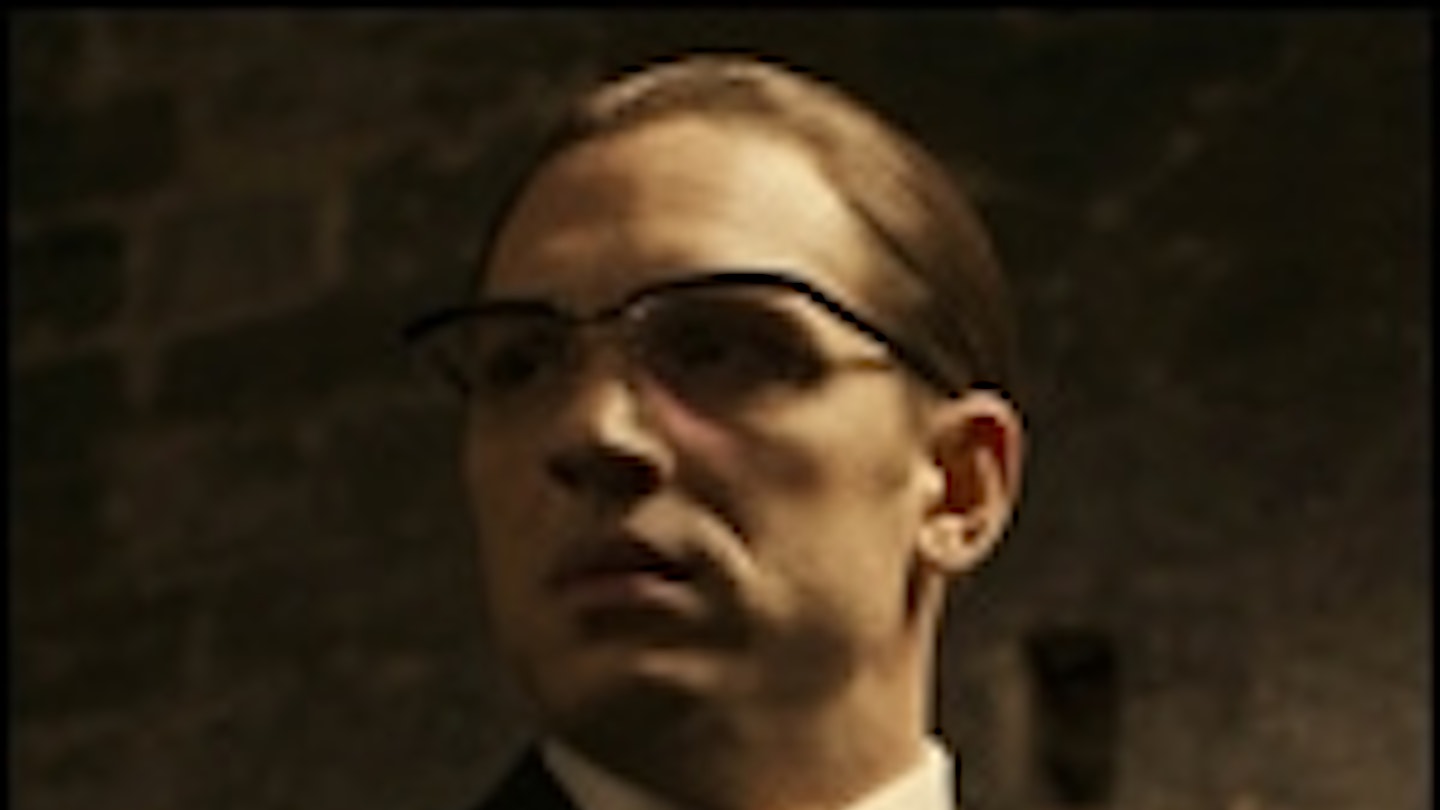Perhaps the biggest shock about this on-off, dumped-then-resurrected, solvent-then-broke, violent, bloody and brutal film is that Gary Kemp from Spandau Ballet is not a bad actor. The casting of two wan and waning popstars notable primarily for producing a string of catchy hits in the early 80s and wearing kilts and tea-towels playing two such notorious and powerful gangsters would seem, at first glance, to be somewhat ill-advised. Equity must be brimming over with hard-looking London boys, and there seems no good reason why a couple of songsters, even if they do possess a sibling resemblance and a little acting experience, should be chosen for such choice roles.
Thankfully, however, from the moment you see the sneering Kemp Senior as the homosexual, psychopathic Ronnie Kray, you start to relax. Say what you like about pop stars in the movies, this boy done good.
The filmmakers, however, have cunningly helped him and his slightly less impressive brother Martin by relying heavily on an excellent supporting cast. Billie Whitelaw, surely a National Treasure, as their beloved mother Violet, the superb Susan Fleetwood (last seen in John Mortimer's Summer's Lease on TV) as their Aunt Rose, the inestimable Tom Bell as their doomed sidekick Jack "The Hat" McVitie, and Jimmy Jewel as their grandad Cannonball Lee, all grab the baton with steady hands whenever the boys start to waver. Indeed, much of the film's first third concentrates on the brothers' influences and family life, and throughout the film, the importance of women in their development is constantly reaffirmed: their father, for instance, hardly figures at all. Thus the Kemps enter relatively late, and are never given even half an opportunity to throw the film away with their lack of experience.
What they and the movie as a whole sadly lack, though, is any real sense of darkness or menace. The Kray twins rose from being just two more East End likely lads to virtually running the London Underworld, until their empire crumbled after they were jailed for a murder apiece in 1969 at the age of 34. They did this through the ever-useful tool of simple terror, understanding early on what fear can achieve, and never hesitating to use violence in its rawest form to gain what they wanted. Yet, while we see a grinning Ronnie ramming a cutlass through a rival's hand, and Reggie beating two lads senseless for chatting to his wife, the tingle of terror just isn't there. The sundry monsters sprinkled around them also lack this essential element, particularly Steven Berkoff as the rival gang's torturer (and Ronnie's ultimate murder victim), George Cornell. Berkoff cropped of head and manic of eye looks the part, to be sure, but he's just not frightening.
This film took years to come to the screen, and the initial question of "why bother?" is happily replaced on viewing with a qualified "at last". The intelligent and inventive screenplay, while occasionally veering too much towards the symbolic, with "meaningful" dreams aplenty, seems well-researched (in just one example of veracity, we see Reggie having to stab Jack "The Hat" McVitie because his gun jammed fact), and the solid performances from the principals, along with a genuine attempt to understand the phenomenon that was the Kray Twins, combine to make this movie far from the embarrassing debacle it initially promised to be.

